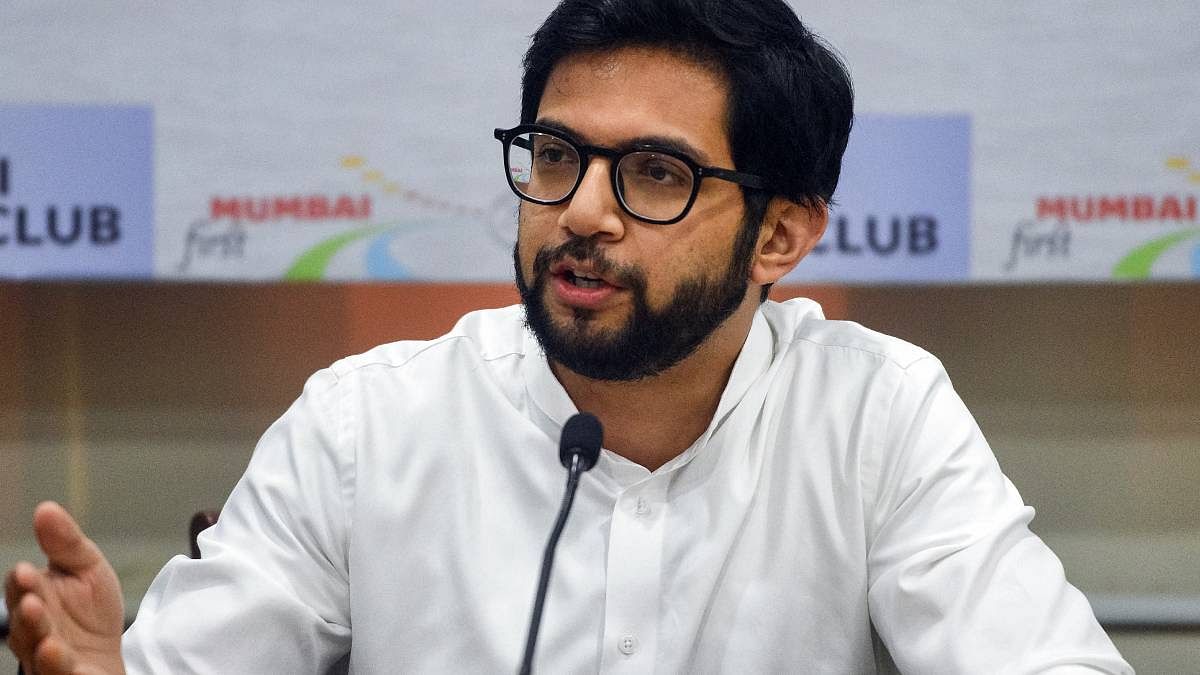 |
|
The recent Maharashtra assembly elections witnessed a closely contested battle in the Worli constituency, a high-profile seat that saw a clash between political scions. Aaditya Thackeray, son of former Maharashtra Chief Minister Uddhav Thackeray, successfully defended his seat, securing a victory against Milind Deora, representing the Eknath Shinde faction of the Shiv Sena. The result highlighted the ongoing political divisions within the Shiv Sena and underscored the significance of Worli as a key electoral battleground. Thackeray's win, although decisive, marked a significant reduction in his victory margin compared to the 2019 elections, suggesting a shift in the political landscape of the constituency. The narrow margin of victory could be attributed to several factors, including the internal split within the Shiv Sena, and the dynamic nature of the Worli electorate.
Worli's unique demographic composition played a crucial role in shaping the electoral outcome. The constituency is a diverse blend of communities, including the Kolis (fishermen community), Marathis, and Gujaratis. This diversity reflects the varied socio-economic strata present in Worli, ranging from upscale markets and skyscrapers to the sprawling BDD chawls undergoing redevelopment. The redevelopment project, initiated during the Maha Vikas Aghadi government's tenure, became a significant factor in the election campaign. The contrasting realities of Worli's landscape – the affluent areas juxtaposed with the redevelopment projects in the chawls – likely presented different priorities and concerns for voters, influencing their electoral choices. The political parties targeted these varying demographics with tailored campaigns addressing local issues and concerns.
A central point of contention during the campaign was the proposed redevelopment of the Mahalaxmi racecourse. The ruling Mahayuti government advocated for transforming the racecourse into a new central park, a proposal that sparked considerable debate and opposition. Aaditya Thackeray vehemently opposed the plan, accusing the government of prioritizing the interests of the real estate lobby over the preservation of Mumbai's open green spaces. This issue resonated deeply with many voters concerned about the loss of public green spaces in the rapidly developing city. The controversy surrounding the Mahalaxmi racecourse redevelopment underscored the importance of urban planning and environmental concerns in influencing electoral decisions and highlights the broader debate surrounding urban development and the balance between progress and the preservation of green spaces in Mumbai.
The 2023 Worli election provides valuable insight into the evolving political dynamics of Mumbai and Maharashtra. The reduced margin of victory for Aaditya Thackeray, despite his win, reflects the complexities of urban politics and the growing influence of various social and economic factors on voting patterns. The intense competition and the narrow victory underscore the importance of understanding the diverse needs and concerns of the Worli electorate. The Mahalaxmi racecourse issue also serves as a reminder of the critical role played by urban planning and environmental concerns in electoral politics. Further analysis of the election results, taking into account various demographic and socio-economic factors, could reveal more insights into the underlying reasons for the shifting voting patterns and the future trajectory of political alignments in the region.
Source: Aaditya Thackeray wins battle of the scions in Worli, beats Shiv Sena’s Milind Deora by 8,800 votes
